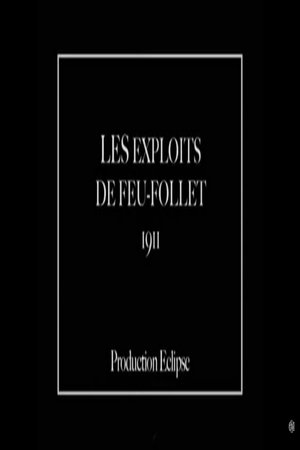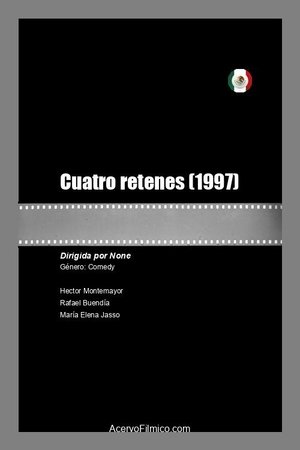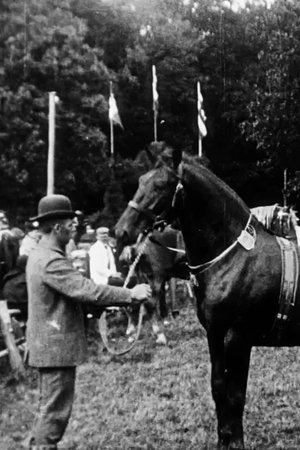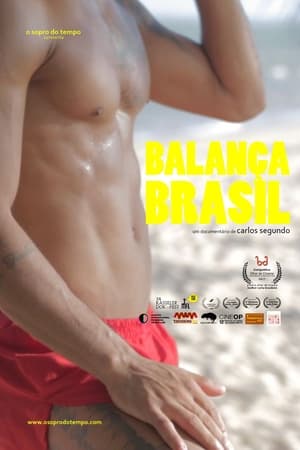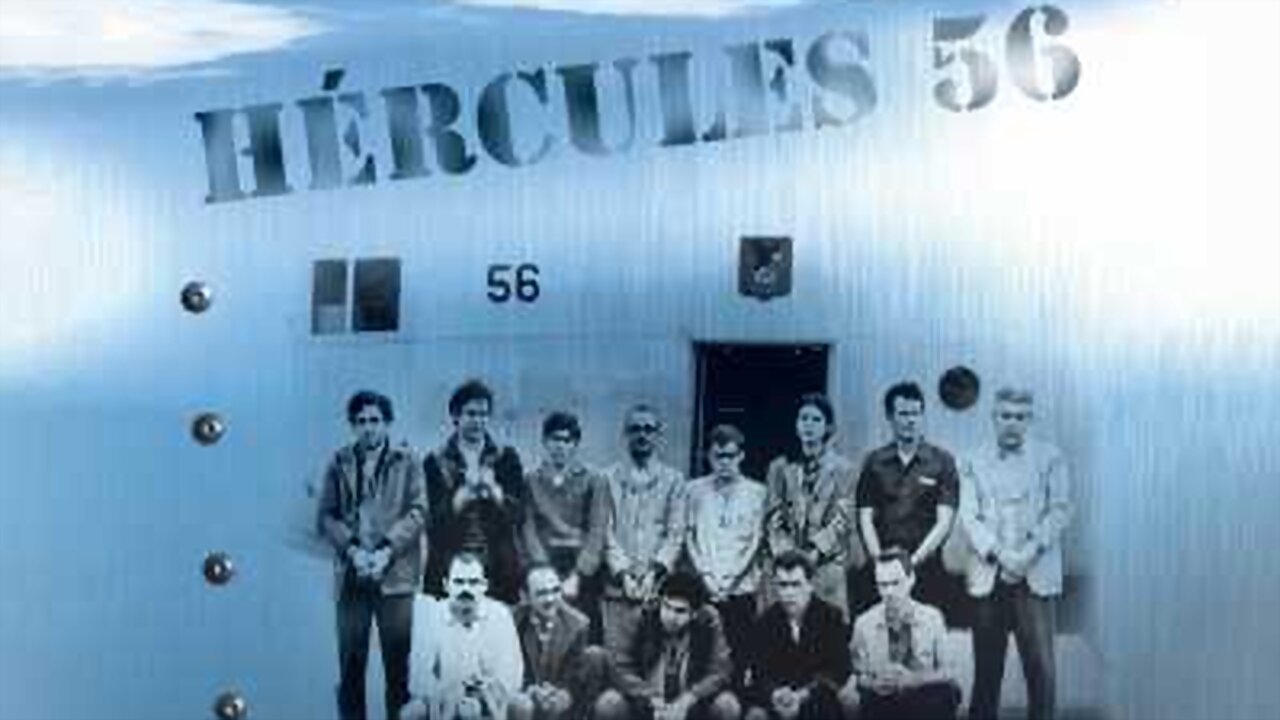
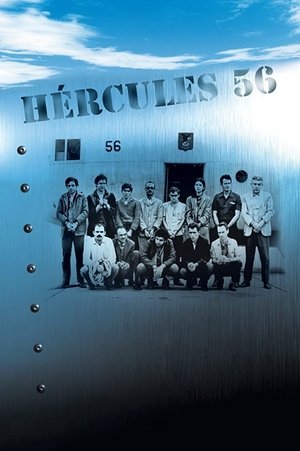
Hércules 56(2006)
Documentary featuring contemporary interviews with 5 of the revolutionary activists who kidnapped US ambassador Charles Embrick in August 1969 in Rio de Janeiro and some of the political prisoners who were freed from prison in exchange of the ambassador's liberty and flown out of Brazil to Mexico in an army cargo airplane "Hércules 56".
Movie: Hércules 56
Top 2 Billed Cast
Video Trailer Hércules 56
Recommendations Movies
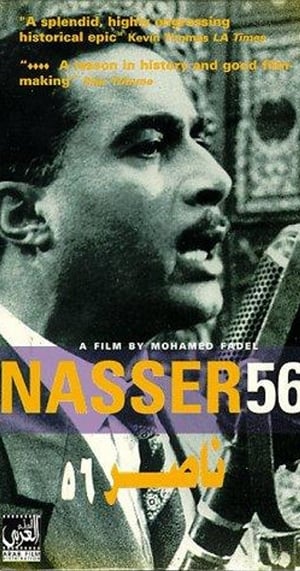 6.4
6.4Nasser 56(ar)
Nasser 56 is a 1996 Egyptian historical film directed by Mohamed Fadel, starring Ahmed Zaki. The film focuses on the nationalization of the Suez Canal by Egypt's second President, Gamal Abdel Nasser, and the subsequent invasion of Egypt by Israel, the United Kingdom, and France.
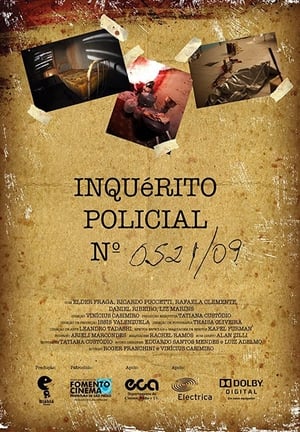 6.0
6.0Inquérito Policial nº 0521/09(en)
This 12-minute Brazilian short film employs the found footage style in a slightly different way. The film is presented as a merge of two separate files extracted from the police archives in Sao Paulo, Brazil. On the first one, two policemen talk to each other, while watching and analysing images captured by surveillance cameras that shows a woman being stabbed to death by a couple, just before the two aggressors get killed by a mysterious man that shows up at the place. The second portion of the movie shows the intriguing facts that happen during a police raid on the apartment where the suspect of killing the previous couple lives.
 8.8
8.8Ikko Mikke(pa)
A young, egoistic couple are taught a valuable lesson when their souls get accidentally swapped and they find out what it`s like to walk in the other person`s shoes.
 4.0
4.0Love of Sawako 2: 1000 Miles Away(ja)
A romantic drama about a modern woman's thirst for romance. Sawako Fujitani has beautiful legs and is a successful "leg-talent," but on the contrary, she has a complex about them. Then there is Shinpei Yoshida, a very popular scriptwriter, who is struggling with the future development of his show and is trapped both physically and mentally. The two meet in a counseling room...
 5.0
5.0The Mighty Crusaders(it)
The Mighty Crusaders (Italian: La Gerusalemme liberata) is a 1957 film about the First Crusade, based on the 16th-century Italian poem Jerusalem Delivered by Torquato Tasso. This film was directed by Carlo Ludovico Bragaglia.
 10.0
10.0Walt Disney Cartoon Classics: Fun on the Job!(en)
Working together is fun, especially when you're laughing on the job with Mickey, Donald and Goofy! All three team up for some hilarious hi-rise high jinks in "Clock Cleaners." Then, you'll love the funny tricks Goofy has up his sleeve when he discovers a magician's trunk in "Baggage Buster." When fire roars out of control in "Mickey's Fire Brigade," so do the laughs as Goofy and the gang rush to the rescue! Finally, Goofy has a dream job working for the circus, but finds himself up to his bubbles in troubles when he tries to clean an elephant in "The Big Wash." For all play and no work, it's time to have some Fun on the Job!
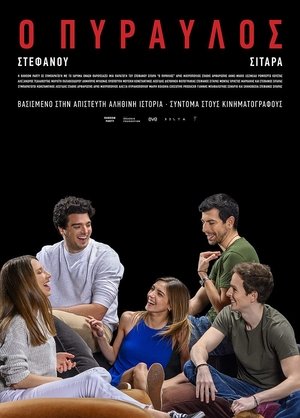 4.0
4.0The Rocket(el)
After being called a liar for years, Stathis is forced to gather all his friends and take them to a top-secret location to prove the existence of a supposed rocket (that only he knows about). If he doesn’t show the rocket, he loses all his friends.
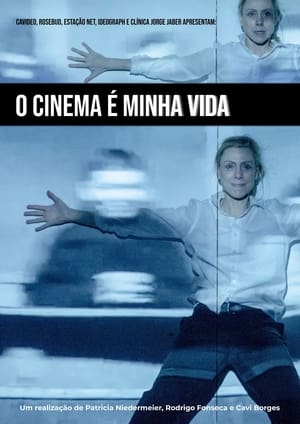 5.0
5.0O Cinema é Minha Vida(pt)
In the dressing room of the French cinema, minutes before attending a lecture, François Truffaut recalls his trajectory
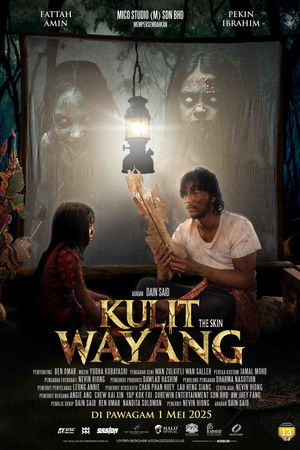 6.0
6.0Kulit Wayang(ms)
Once a famed shadow puppet master, Ramlee now lives as a recluse in a Malaysian village terrorised by a man-eating crocodile. The arrival of a young Indonesian woman, Dewi, awakens old demons that refuse to stay hidden.
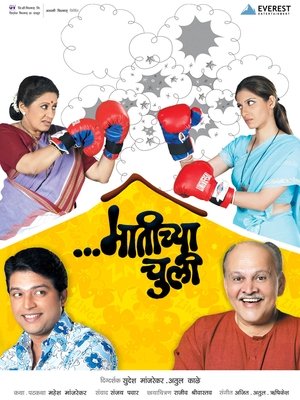 7.5
7.5Mud Stoves(mr)
Vishal, a young man, falls in love with Pooja and marries her. However, his marital bliss turns into a nightmare due to the constant tussle between his wife and mother.
The Mistake(en)
After a big night, a girl wakes to find her self in bed with a regretful one night stand. She does what ever she can to escape without waking him up.
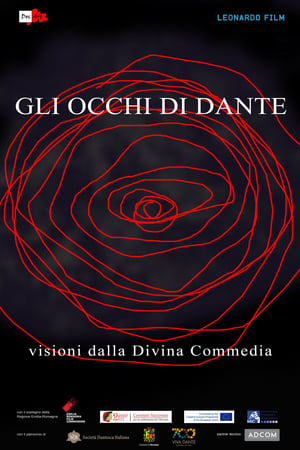 6.6
6.6The Eyes of Dante(it)
He is considered the greatest European poet of the Middle Ages and his work unfolds the whole panopticon of occidental education – theology, philosophy, sciences, politics and literature. But who has really read it, the “Divine Comedy”? Who knows more of its creator Dante Alighieri than that he had an eagle-like profile and was in love with a woman named Beatrice? 700 years after Dante’s death, the filmmaker Adolfo Conti travels through Italy with Dante’s words in mind and eyes to see the world as Dante did. As the film encounters the beauty of arts and the Tuscan landscape, the forces of nature, a dramatic life story is unfolded.
Similar Movies
Brazillians Like Me(fr)
The encounter with a growing, and mostly undocumented, brazilian community allows us to bear witness to its energy, its vivacity, and its diversity. This film attempts to work for a larger acceptance of foreigners in their land of exile.
 0.0
0.0Você Também Pode Dar um Presunto Legal(pt)
Amid the civil-military dictatorship implanted with the 1964 coup, Sergio Muniz had the idea of making a documentary about the action of the Death Squad. At the time, the press still had some freedom to disseminate the work of these death squads formed by police officers of various ranks, and that he acted on the outskirts of cities like Sao Paulo and Rio de Janeiro. The victims of police repression (as today) were men, poor and black, and this condition is supposed criminals.
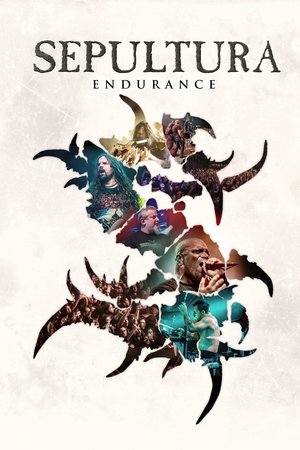 8.3
8.3Sepultura Endurance(pt)
The long awaited documentary about Sepultura's incredible journey from Brazil to the world.
 6.3
6.3Where Are You, João Gilberto?(de)
Where are you, João Gilberto? sets out in the footsteps of German writer Marc Fischer who obsessively searched for the legendary founding father of Bossa Nova and last great musical legend of our time, Brazilian musician João Gilberto, who has not been seen in public for decades. Fischer described his journey in a book, Hobalala, but committed suicide one week before it was published. By taking up Marc Fischer's quest, following his steps one by one, thanks to all the clues he left us, we pursue João Gilberto to understand the history, the very soul and essence of Bossa Nova. But who can tell whether we will meet him or not?
 7.2
7.2Maria Bethânia: Música é Perfume(pt)
Brazilian singer Maria Bethania has a 40-year singing career. A documentary shows her concerts and famous family.
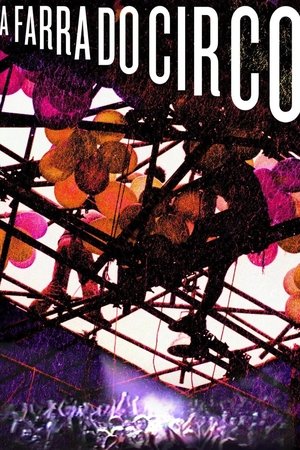 9.0
9.0A Farra do Circo(pt)
This documentary highlights the evolution of Brazil's Circo Voador venue from homespun artists' performance space to national cultural institution.
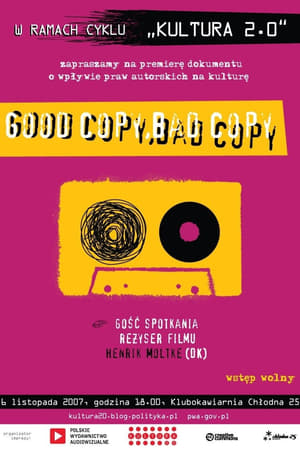 7.4
7.4Good Copy Bad Copy(en)
Good Copy Bad Copy is a documentary about copyright and culture in the context of Internet, peer-to-peer file sharing and other technological advances.
 7.3
7.3We Feed the World(de)
A documentary that exposes the shocking truths behind industrial food production and food wastage, focusing on fishing, livestock and crop farming. A must-see for anyone interested in the true cost of the food on their plate.
 6.2
6.2Stories Our Cinema Did (Not) Tell(pt)
Filled with raunchy laughs, this documentary compiles outrageous scenes from sex-comedies that shaped Brazil's "pornochanchada" boom of the 1970s.
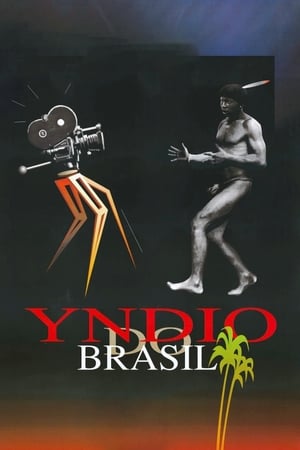 5.5
5.5Our Indians(pt)
Yndio do Brasil is a collage of hundreds of Brazilian films and films from other countries - features, newsreels and documentaries - that show how the film industry has seen and heard Brazilian indigenous peoples since they were filmed in 1912 for the first time: idealised and prejudiced, religious and militaristic, cruel and magic.
 0.0
0.0Chico, or the Country of the Lost Delicacy(pt)
A look into the 25 years of career of famous musician Chico Buarque and his influence in Brazilian culture.
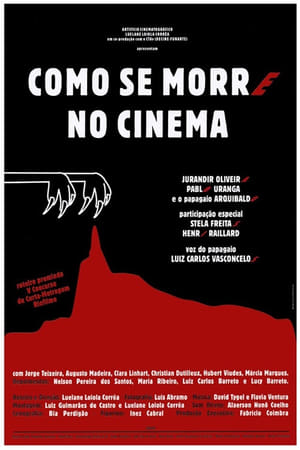 5.8
5.8How to Die in Cinema(pt)
Memories of a parrot who participated in the filming of the classic Vidas Secas, in 1962, where it was featured along the puppy Baleia.
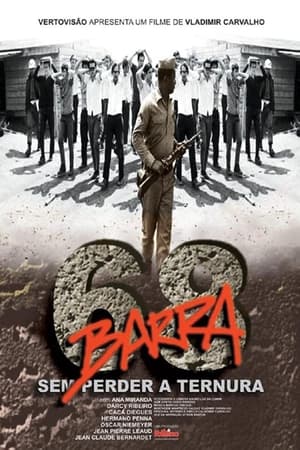 6.0
6.01968 - Without Losing Tenderness(pt)
The story of the University of Brasília, since it was only a project in Darcy Ribeiro's head until the fateful events in August 1968 when its campus was invaded by the police, during the military dictatorship, thus putting an end to its independence.
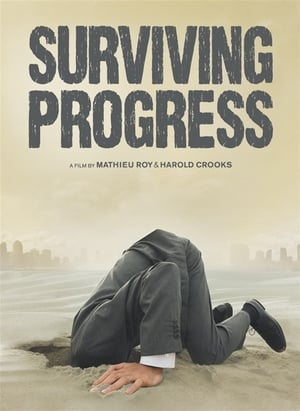 7.3
7.3Surviving Progress(en)
Humanity’s ascent is often measured by the speed of progress. But what if progress is actually spiraling us downwards, towards collapse? Ronald Wright, whose best-seller, “A Short History Of Progress” inspired “Surviving Progress”, shows how past civilizations were destroyed by “progress traps”—alluring technologies and belief systems that serve immediate needs, but ransom the future. As pressure on the world’s resources accelerates and financial elites bankrupt nations, can our globally-entwined civilization escape a final, catastrophic progress trap? With potent images and illuminating insights from thinkers who have probed our genes, our brains, and our social behaviour, this requiem to progress-as-usual also poses a challenge: to prove that making apes smarter isn’t an evolutionary dead-end.
 3.5
3.5Match 64: The Maracanã(en)
A documentary following the day life of fans in Brazil on July 13, 2014: the day when Germany and Argentina met up in the finals of FIFA World Cup.
 0.0
0.0Stunned, I Remain Alert(pt)
Journalist Dermi Azevedo has never stopped fighting for human rights and now, three decades after the end of the military dictatorship in Brazil, he's witnessing the return of those same practices.
 7.5
7.5The Trial(pt)
The impeachment and removal from office of Brazilian President Dilma Rousseff in 2016 was triggered by a corruption scandal involving, among others, her then vice-president Michel Temer. Director Maria Augusta Ramos follows the trial against Rousseff from the point of view of her defence team. This is a courtroom drama that unfolds slowly: the appearances of the various parties gradually turn the proceedings into something akin to theatre. Inside the courtroom, grand emotions are played to full effect whilst, on the other side of the doors, lobbyists and supporters pace the corridors. Meanwhile, outside, in front of Brasília’s modernist government buildings, demonstrators are chanting like a Greek chorus. Only the main character, Rousseff herself, remains professional and aloof.
 6.0
6.0How Do You See Me?(pt)
How Do You See Me? is a Brazilian documentary feature that entwines both experienced actors and beginners to explore the hardships and the happiness that are inherent to the job when detached from the glam and glitz of the gossip industry, creating a diverse and comprehensive mosaic of what it means to be an actor in Brazil, a country so full of contradictions. The film brings forward a reality that the masses usually don't get to know: the men and women moved by a deep passion for acting and touching people. With Julio Adrião, Matheus Nachtergaele, José Celso Martinez, Cássia Kis, Nanda Costa, Babu Santana, Luciano Vidigal and Letícia Sabatella, among others.

